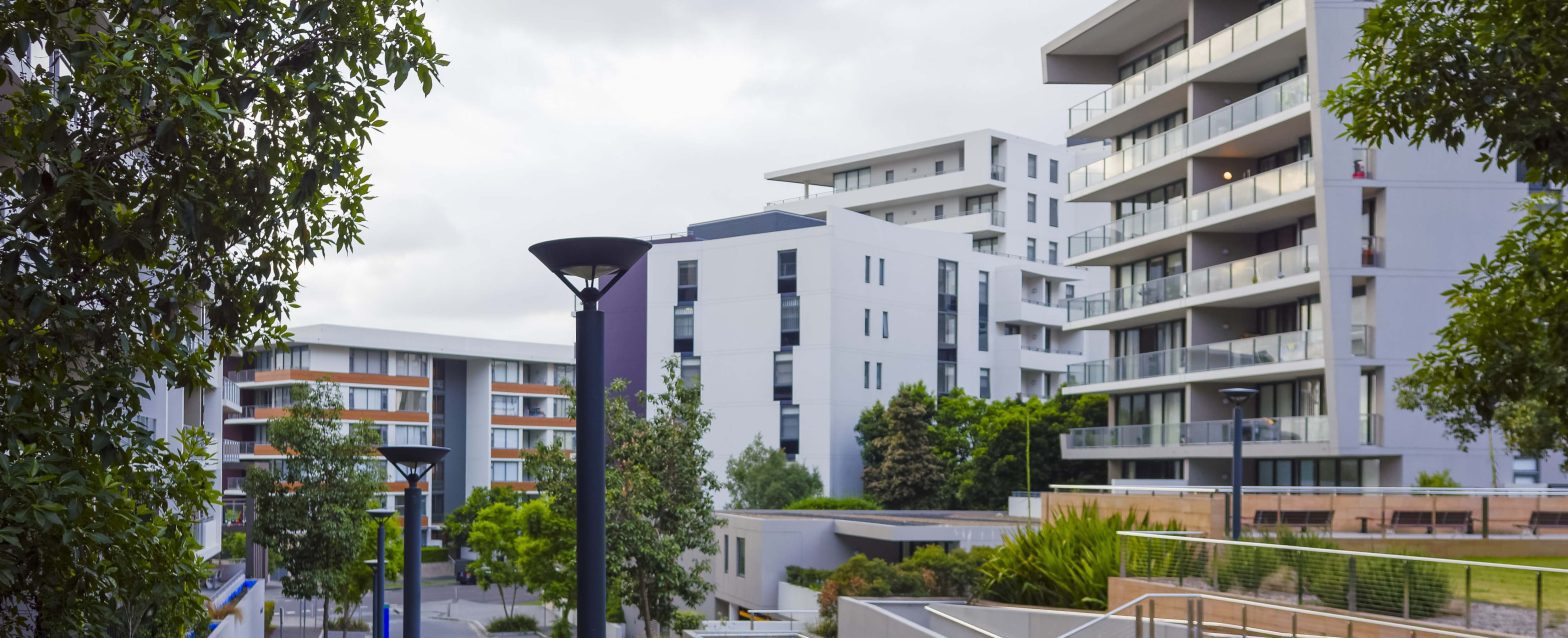Article 3/3: How to Protect Your Clients
Now that you hopefully have a clearer picture of the current landscape, the next question is: how do we navigate it — and push for better quality strata reports?
Buyers (your clients) need to be aware there are quality issues with strata reports and that the strata report they have downloaded might not tell them much, or might contain incorrect information. Some reports still offer consistent quality and good information that is backed by timely customer support — but most don’t. They also need to understand what they can do about it. As their advisers, conveyancers need to push for better standards and make the providers of poor information more accountable.
And let’s be clear: a proper strata report — one that provides real insights, reliable information, and responsive support — requires time and expertise, and the service needs to be priced accordingly. What we often see now are not strata reports in any meaningful sense. They are a scattered extract of numbers and a document dump, offered under the illusion of being useful due diligence information.
Nevertheless, many of your clients will be given access to a low cost (or no cost) vendor strata report. These reports are appealing for a few reasons: they’re immediately available and the download fee is relatively low. And in a fast-moving market — with an auction looming or an agent applying pressure under the real (or imagined) threat of a competing offer — buyers don’t feel like there is time to get another report, or they are reluctant to spend more money chasing alternatives. And some of these reports will be good quality.
But what can you do if the report you’ve got doesn’t tell you much?
Here are a few practical options to consider:
- The buyer needs to read the attached documents and try to ask the search business questions.
- The buyer needs to contact the search business and get a walk-through of the report.
- You need to review the report and documents and provide the buyer with comments.
- Get an independent party to review the report and documents and provide comments.
- If time allows, get a new report from a reliable source.
Of course, not all of these options will be viable in every situation. Time constraints, lack of support from searchers, or the cost to your client may rule out one or more of these approaches. But even within these limitations, it’s still possible to help your client with their due diligence and to improve overall outcomes over time.
Independent Strata Report Reviews
Early last year, a client approached us to say they had downloaded a strata report from a platform and wanted to know if we could help them assess its quality and interpret the attached documents. We agreed.
The report was poor — factually incorrect, missing key information, and offering no meaningful commentary on large, ongoing projects at the building. With our assistance, the client not only gained clarity but was also able to secure a refund due to the report’s substandard quality. In that case, and in many other examples where we’ve reviewed reports, most of the necessary documents were attached to the report, so it was possible to provide helpful comments and explain more about what was going on at the building.
And just like that, our strata report review service was born. If you want to find out more about it, or think it might be a useful service for your clients, just click here .
Since launching this service, we’ve reviewed hundreds of reports from nearly every provider across NSW. The issues we continue to see are consistent — and concerning:
- Incorrect or incomplete information
- A basic summary of meeting resolutions, with no deeper insights
- No connection between documents (e.g. budgets, levies, and maintenance issues)
- Omission of important issues entirely
- Lack of financial reports or insufficient financial detail
- No follow-up with strata managers about missing or unclear records
We didn’t anticipate such strong demand for this service — but it’s grown steadily, driven by the declining standard of reporting and the lack of support available to buyers and their advisers. To be clear, not all providers are the same. Some produce good reports and offer support. But in our experience, they are the exception — not the rule.
This service can help your clients get some value from an existing report, particularly when time is short. It’s cheaper and quicker than getting a fresh report and usually we can give them valuable insights into the current position at a building. And if the report is poor, it’s possible to complain and request a refund of any fees paid (see below).
Don’t Stay Silent – Complain
The simplest — and most effective — action you can take now is to complain. If you or your client receive a report that attaches hundreds of pages of documents but provides no real insights into the building, it’s essential to raise the issue with the selling agent, search business, and platform that provided it. Let them know that the report is unsatisfactory and unprofessional and make it clear that your client will either need to spend additional money to find out what’s going on — or walk away and look elsewhere for a property.
Ideally, buyers should receive a quality report from the start. But until quality improves, it’s critical to speak up when the report doesn’t meet expectations. Push back on poor standards, poor support, and generic, copy-paste content. If the report is essentially a “document dump” with no real commentary, you should demand a refund.
Think about it this way: a due diligence report on a million-dollar property shouldn’t be prepared after hours by a sole operator trying to check their own work, who may not have even reviewed all the attached documents. Yet this is exactly what’s happening in many cases. If you want things to improve you must not accept the current report standards. If you remain silent, even tacitly, then current standards become a baseline and will only deteriorate further.
Our experience over more than a decade has taught us one important lesson: searchers respond to feedback and will be better focused if there are consequences of poor work. But without ongoing accountability, improvements in quality rarely last. It’s easy to gradually slip back into old habits — especially when reports aren’t being reviewed or challenged.
To help you push back, we’ve included a complaint template you can download here. You can easily adapt the template to your needs. And if your client can secure a refund for a poor-quality report, that gives them more options: they can commission a new one or get a strata report review.
United Solution
In addition to working with the AIC, we are also in contact with REBAA, the industry association for buyer’s agents, and MFAA, the industry group for mortgage brokers. All of these groups have property buyers as their core client. We are hopeful that we can make some impact through these partnerships, starting with information about the current problems and through providing information, support and solutions to buyers and their advisers. By working together, we can shine a light on the problems and advocate for better outcomes across the industry.
Regulation
Some might argue that the lack of regulation around strata records inspections is at the heart of the problem. And while that may be true to an extent, I don’t believe that pursuing regulatory reform is the most effective or realistic solution — at least not for now.
There are two key reasons for this:
- It would take a long time. NSW Fair Trading is already stretched with competing priorities, and it’s unlikely this issue ranks high on their agenda.
- Regulation alone won’t fix the problem. We already have plenty of compliance obligations in strata law — many of which are poorly enforced. Without proper oversight and accountability, new rules won’t make much difference.
Instead, I believe the best path forward is to amplify a collective voice — one that advocates for better outcomes for buyers. This is something we can start doing immediately, one property at a time. We already hold extensive data on report quality across the industry, and numerous examples of unsatisfactory reports that clearly demonstrate the scale of the issue. We can use this evidence to push for change, but the impact will be stronger if it’s supported by AICNSW and its members.
Help to understand any strata report
Finally, to help navigate the current issues — and apply some pressure on providers — we’ve created this list of key questions you or your clients can ask a strata searcher.
These questions are designed to help you get a better understanding of the building, assuming that you get some response from the searcher. If the inspector doesn’t respond or offers minimal support, that’s a red flag — and it should be raised with the agent, platform and provider.
Next Steps
Following these articles, we will be working with AICNSW to hold some webinars to enable further discussions about the current state of strata reports. The webinars will also be an opportunity to talk about other solutions and to get input from you.
One idea we’d like to discuss is how we can jointly approach the ordering platforms to put some direct pressure on them. In a positive way, this pressure might give them the necessary ammunition to revisit the pricing of their services to agents and vendors, or to place limits on the number of jobs each searcher can do in a day.
We look forward to discussing these issues with you.
Michael Ferrier
Eyeon Property Inspections
https://www.eyeon.com.au2





